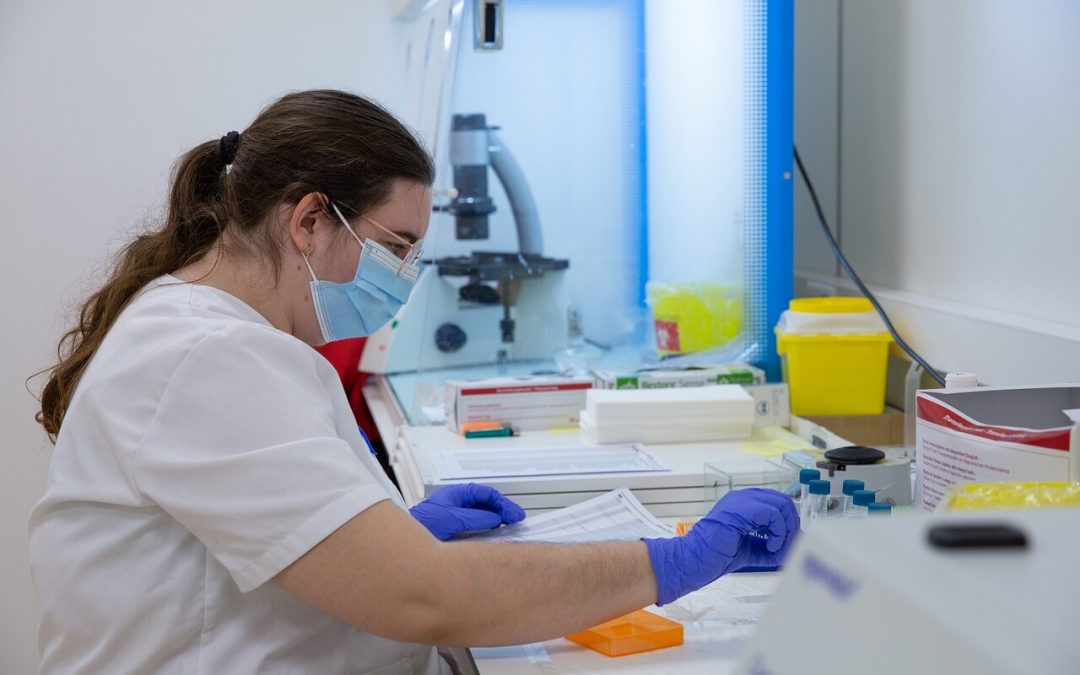- In the context of World Colon Cancer Day, which is commemorated next Sunday, the laboratory division of the Ribera Group insists on prevention.
- A liquid biopsy can avoid, in some cases, tests such as faecal occult blood tests or colonoscopy, which are more invasive for the patient.
Colorectal cancer is one of the most commonly diagnosed tumours in Spain. Moreover, as it is a silent cancer that in its early stages does not present characteristic symptoms, it is often detected in advanced stages. For this reason, in the context of World Day against colon cancer, which is commemorated next Sunday, the laboratory division of the Ribera healthcare group reminds us that progress in early detection is fundamental for the evolution and better prognosis of these patients.
Ribera Lab, the laboratory division of the Ribera healthcare group, has added Prevecol, a blood test developed by the biotechnology company Amadix, to its portfolio of services, whose main objective is to advance the diagnosis of colorectal cancer. One of its main advantages is that the test only requires the extraction of a blood sample and can replace the technique for detecting occult blood in faeces. This test is aimed at asymptomatic people between 50 and 75 years of age and can detect early stages of colorectal cancer and precancerous lesions.
In the United States, for example, 60 per cent of colorectal cancer cases are detected at advanced stages. “Late diagnosis is directly related to a worse prognosis and poorer survival. The PreveCol test allows us to detect early stages of colorectal cancer, which means a better prognosis for patients, as we know that early stage diagnoses increase survival by up to 90 percent,” say Ribera Lab’s management.
To date, the method used in colorectal cancer screening programmes is the faecal occult blood test (FOBT). However, in addition to the discomfort it can cause to those who undergo it, the faecal occult blood test is less able to detect early lesions than the PreveCol test. Therefore, among the main advantages offered by PreveCol to users are that it is non-invasive, convenient and facilitates the process, avoiding colonoscopy in some cases and thus reducing the discomfort for patients.
Early detection remains a challenge, resulting in late diagnosis and less favourable patient outcomes. Blood testing offers an innovative solution to this problem.


Recent Comments